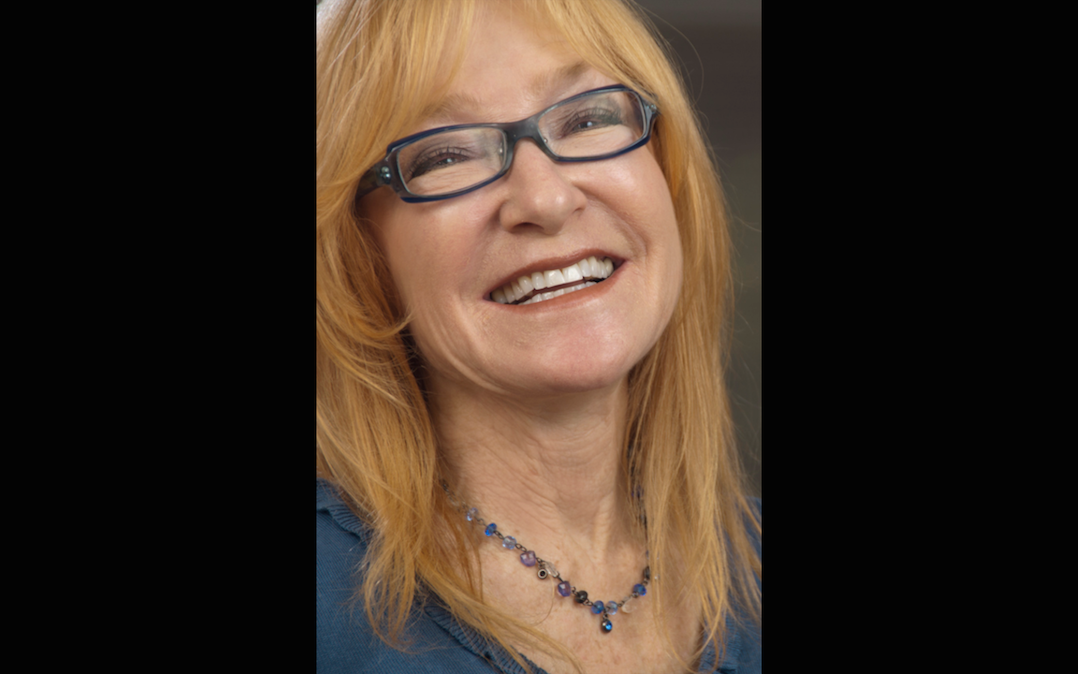How to remain mindful when you have (or you are) an autistic teenager

(Photo courtesy of Mark Register)
Local author and psychologist Carol Moog has worked with autistic children for decades. Moog advocates using a strength-based approach when supporting teens on the spectrum. She recently published a book entitled “The Autism Playbook for Teens,” co-written by Irene McHenry.
In celebration for Autism Awareness Month (reframed as Autism Acceptance month by autistic self-advocates), I sat down with Carol for an interview about autism and mindfulness.
Philly Parenting: Congratulations on your new book. Can you tell me what drove you to write it?
Carol Moog: The book is designed to be readable for teens on the spectrum and useful for people who support them. We wanted this book to build on strengths, rather than on compliance. Too many books about kids on the spectrum are written by specialists or parents who say you MUST do this. I feel strongly that you have to give kids choices. Just like other teenagers, autistic teens are trying to fit in, and they need choices about how to approach that. You have a right to be in a social situation and say nothing, take a break, stand back as an observer of body language, etc.
PP: What are some of the challenges autistic teens face, and how do you turn that into strengths?
CM: Many autistic people are anxious in social situations. Anxiety can inhibit natural curiosity. and when the natural curiosity is inhibited, there’s a natural retreating behavior. But most autistic teens want to be a part of things. There is a desire to fit in, but they also want to be authentic. Autistic teens may want to have friends, but may not want to comply with social expectations for fitting in and being cool. .
Say you have a teen who is great in science, but feels like he’s lousy at breaking into social situation. As we think about getting better at entering a social situation, we can have that teen role play a bit and imagine himself as a scientist using that scientific curiosity to observe the scene before doing anything. So we work to find a way to utilize that strength and build a bridge with others. We ask them to consider what role they could play in a social situation so that they no longer experience the situations as anxiety and stress.
PP: Why mindfulness?
CM: Teens are people, and I think all people should learn to pay more attention to their bodies. Mindfulnesss is about getting in touch with your body and learning relaxation, and when you do that, that’s what people around you feel too. Mindfulness is also really well researched, and the benefits are enormous.
PP: Why might mindfulness be especially important for autistic teens?
CM: Mindfulness allows teens on the spectrum to see that connection between how they feel in their own bodies and what other people feel. If you’re an autistic teen, when something happens, it may feel like a sensation, rather than an emotion. Teens on the spectrum can be taught to recognize those sensations in their own body and see the connection to how other people feel. If your body is feeling tight, you may be having a negative reaction to something, and that might be frustrating and that could lead to an anger outburst. The book builds towards more calming and confidence within oneself and thinking about how that might be a tool in with others.
PP: Have any teens read the book?
CM: My co-author’s godson is a teen with Asperger’s. He read the book, and declared it “Ari approved!” The book is dedicated to him. We’ve heard back from educators and parents who like really the book, but hearing positive feedback from autistic teens themselves is wonderful.
Carol Moog is the founder of ImagineAct, a psychologist at The Miquon School, an active collaborator with Autism Inclusion Resources (AIR), and works extensively with children, teens and adults on the autism spectrum.
WHYY is your source for fact-based, in-depth journalism and information. As a nonprofit organization, we rely on financial support from readers like you. Please give today.

